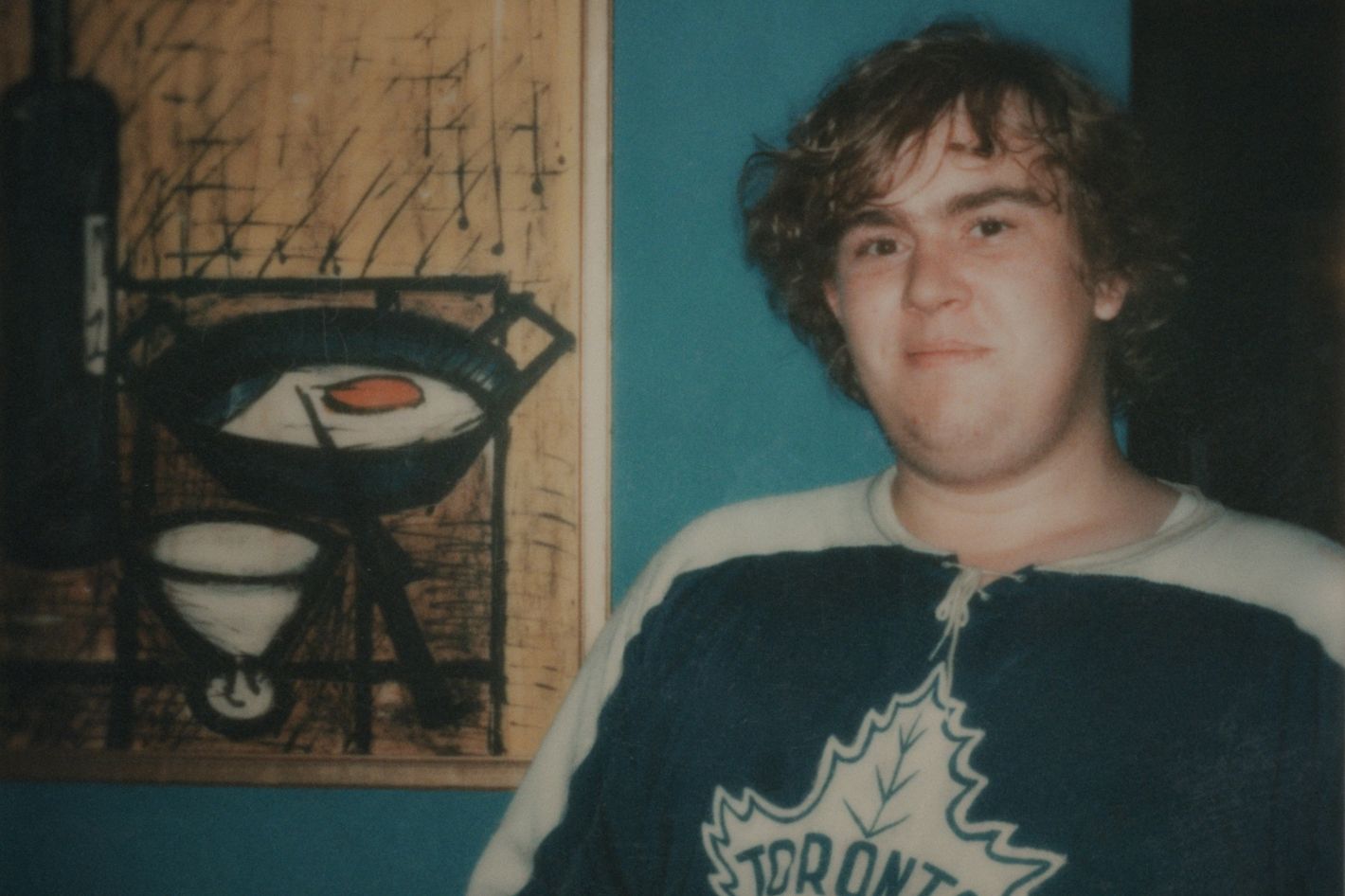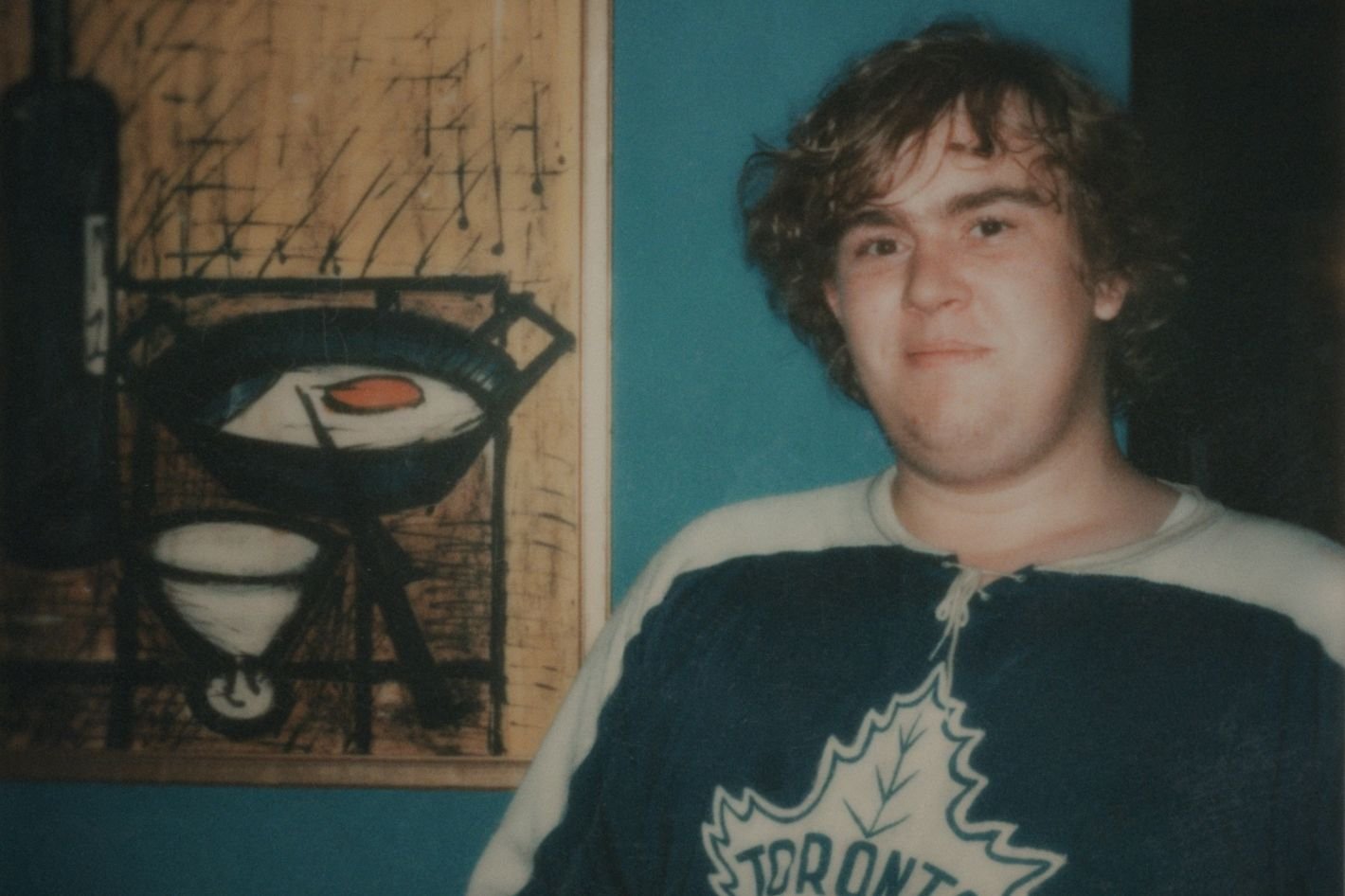
After the opening-night screening of John Candy: I Like Me at the Toronto International Film Festival, director Colin Hanks walked onstage and recalled a conversation he had with Martin Short. “No one is going to say ‘no,’” the comedian cautioned him about the number of talking heads who’d be willing to gush about Candy’s life and work. And indeed, I Like Me is as A-list heavy a documentary as any in recent memory. It features interviews with Short, Steve Martin, Bill Murray, Conan O’Brien, Mel Brooks, Tom Hanks, Macaulay Culkin, Dan Aykroyd, Eugene Levy, Catherine O’Hara, every other living SCTV cast member minus Rick Moranis, and more. It’s produced by Ryan Reynolds, who joined Hanks onstage for the post-screening Q&A. Even the prime minister of Canada, Mark Carney, got in on it, making a surprise appearance to tee off the film.
Carney was ostensibly present to kick off the opening night of TIFF in honor of the festival’s 50th year, but he also spoke about Candy as if he were another talking head. Candy, who was born just north of Toronto, was his favorite SCTV cast member, he explained, and, as a politician, he “wouldn’t just say that.” Then he pivoted to some political campaigning. In many of Candy’s performances, Carney said, there was a moment when his characters would take a turn after being pushed too far, which is not unlike how Canada is currently being pushed around economically by the United States. He followed this with a warning: “Don’t push a Canadian too far.”
Hanks’s film, while pleasant enough, is hampered by a similar desire to use Candy’s legacy to serve a particular narrative. It’s a recurring issue for a rash of comedian-documentaries commissioned in recent years about legends like George Carlin and Albert Brooks. It was made by a devoted fan who is less interested in depicting his subject as a three-dimensional human being than in reinforcing his reputation as a prodigious talent and kindhearted soul, who, in spite of a couple of demons, was still ultimately a great guy. The most illuminating parts of the film are those that speak to Candy’s interpersonal relationships and offscreen challenges. Culkin, for example, talks about how Candy looked out for him on the set of Uncle Buck, after noticing that his actual father was a bad guy; Candy’s widow talks about how her husband struggled with the film industry’s requirement to remain overweight; his son talks about the effects his father’s early demise had on him mentally. But the documentary jumps quickly between these stories without interrogating any of them in close detail. Instead, it spends more time going over Candy’s biography and reestablishing his legacy as a comedic force of nature. As a result, it’s mostly filled with people saying broadly nice things about him that don’t reveal much. “He was a total actor because he was a total person,” Brooks says at one point.
That the interviewees are stars who happened to be Candy’s real-life friends elevates the viewing experience; it’s undeniably affecting to see these big names effuse about a person they cared for. Who better to talk about Candy’s early career as a Second City performer than Levy, for example? Who better to talk about being his scene partner than the elder Hanks? But rarely does the film rise above hagiography. Candy fans will enjoy watching it, and his children — who both participate in the documentary — will be able to look to it as a fitting tribute to their father. But if a couple of the people Hanks had asked to participate had said “no,” he would have been forced to dig deeper, and the film would have been better for it.
More From the 2025 Toronto International Film Festival

